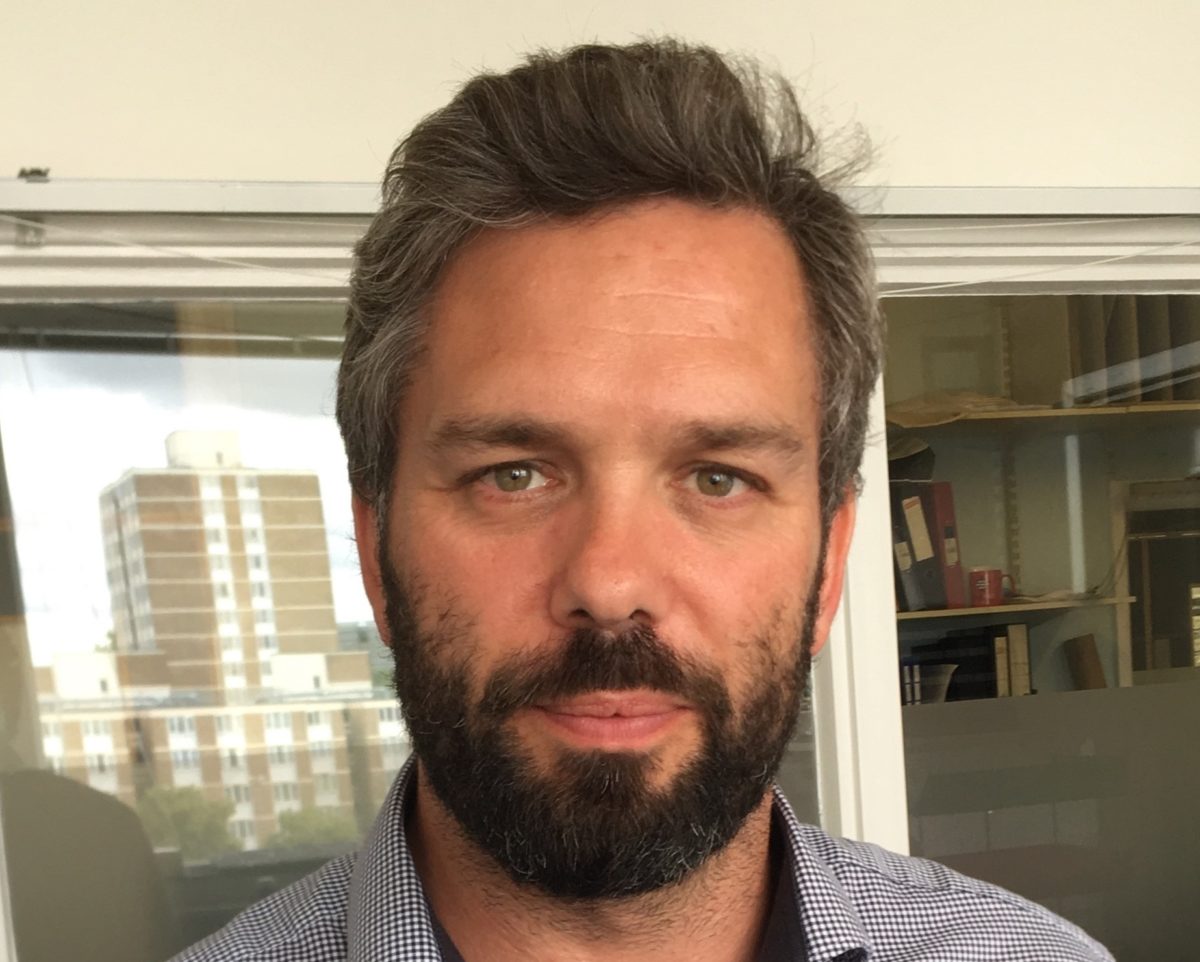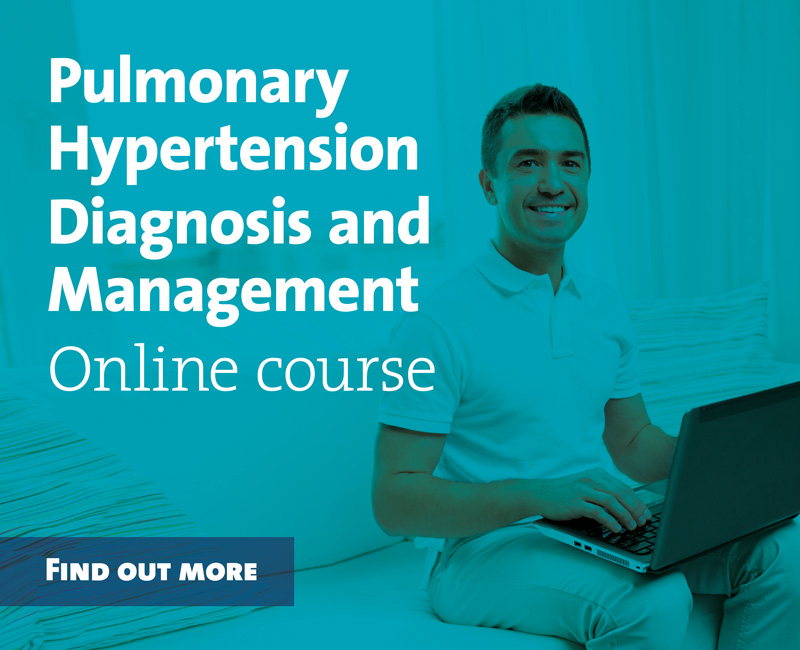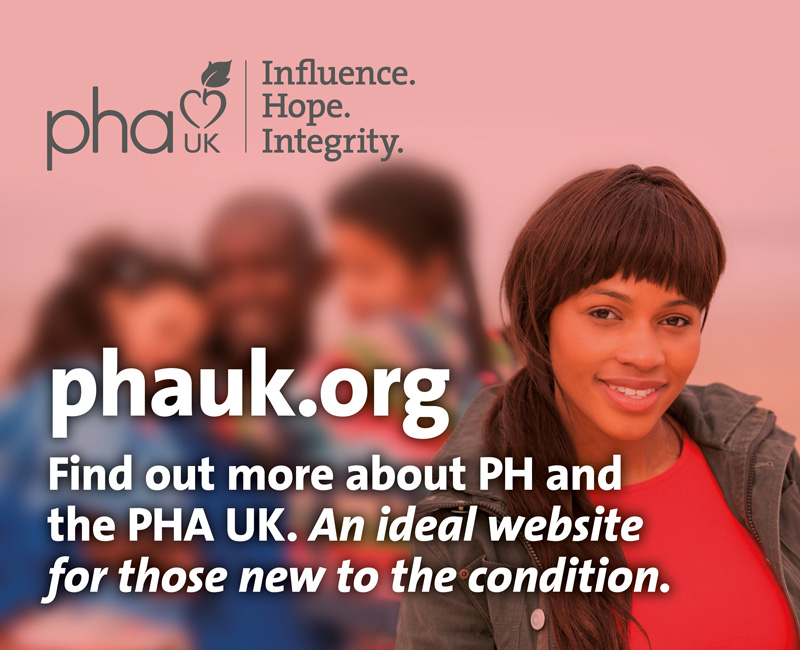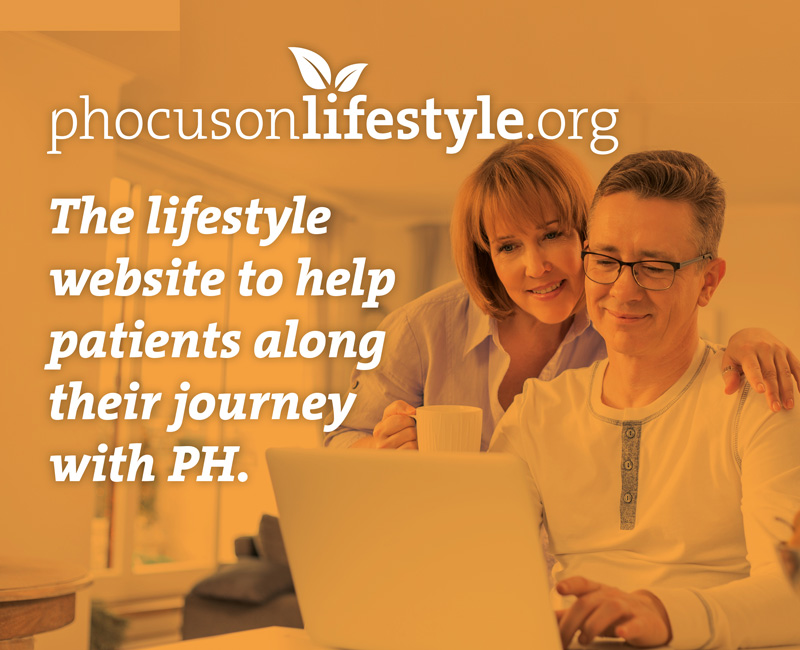“My career has been driven by the slings and arrows of outrageous fortune”

Dr Mark Toshner is a busy man. With official titles of Director of Translational Biomedical Research and Honorary Consultant at Royal Papworth Hospital NHS Trust, and Honorary Consultant at Cambridge University Hospitals NHS Trust, his professional life is dedicated to research and clinical practice.
Scaling a mountain at 22 ignited a passion for pulmonary hypertension research and a case of ‘right place, right time’ saw Mark work on the Oxford/AstraZeneca trial that led to a COVID-19 vaccine.
Did you always know that the world of medicine was for you?
I knew I wanted to work with people and do something worthwhile, so my decision to go into medicine was informed by my desire to do something that might help. But it was a decision made by a 16-year-old Glasgow schoolboy who didn’t really understand the implications of any of the stuff he was doing! It turned out to be lucky that I picked something I would grow to really love.
Did you find PH, or did PH find you?
There is a real story here. I went to university in Aberdeen, where I got into rock climbing and hill walking, and that actually ended up introducing me to pulmonary hypertension.
Because of my interest in mountains, as a junior doctor 20 years ago I got involved in high-altitude research and went off to do some high-altitude physiology research in Bolivia with some friends and colleagues. Whilst up a mountain, we were measuring our own pulmonary artery pressures as part of a Sildenafil trial, and it turned out that with pressures of just under 70 I actually had pulmonary hypertension. At that point, we didn’t quite know what to do with me, so we ended up giving me Nifedipine (a blood pressure drug) and sending me back down the mountain until I had adjusted to the altitude more.
When I went back up, I still had a very high artery pressure, but this time I didn’t develop high altitude pulmonary edema (HAPE). Possibly, to date, that’s the highest recorded pulmonary artery pressure in a participant at altitude who didn’t have HAPE. So physiologically, I was an outlier. That sparked my interest in PH, as I was up at altitude, experiencing its symptoms of breathlessness, racing heart and very low oxygen saturations.
When I returned from Bolivia, I became really interested in the cell and molecular biology about why this might be – why I was slightly different than the average person.
I started looking around to see if there was an expert in the UK on the cell physiology of PH, and I found Professor Nick Morrell [now Research Director within the pulmonary hypertension service at Royal Papworth Hospital]. In 2007 I decided to move to Cambridge to do a PhD under his supervision.
So, my career has been driven by the slings and arrows of outrageous fortune. I could never have predicted that climbing sea cliffs in Aberdeen would lead to researching pulmonary hypertension in Cambridge.
Given the timings, it sounds like your interest in PH coincided with the establishment of the specialist centre network?
Yes, when I went up the mountain in Bolivia, the person I was collaborating with all those years ago was Andy Peacock, who set up the Scottish Pulmonary Vascular Unit (SPVU) at the Golden Jubilee National Hospital.
It gets more interesting still. When I came to Cambridge, I was initially more interested in high-altitude physiology, because I hadn’t really had any exposure to PH as a disease, but because Royal Papworth Hospital had its PH unit, I started realising that this was a really devastating disease that affected people indiscriminately. That’s when my high-altitude interest waned a little, and I started researching PH instead.
So, the journey to PH was twisty – and randomly influenced by my love of mountains! The irony is that I now live in the flattest bit of the country.
What does your job look like now?
There are three different parts to it. There’s my clinical job, which is mostly in the PH unit (although I do still do general respiratory clinics).
Then there’s my teaching; I run a master’s course in Translational Biomedical Research at the University of Cambridge, so that’s quite a big time commitment for me.
And of course, my research. My research is mixed in the space between the lab and the patients and covers everything from molecular biology all the way up to clinical trials, with a focus on the latter.
How do you have time to sleep?
I have a very understanding wife! There is a lot of work there but I’m lucky because I love all of those parts of my job. And I have an incredibly short attention span, so it suits me very well. The job never gets boring because every day is slightly different.
Aside from the COVID-19 vaccine trial, are there any studies you are particularly proud of?
I would have to point to research that I have been lucky to be part of.
Right at the start of my career I lucked out and was involved in two very positive studies – including the Sildenafil study in CTEPH.
And before Covid, the work that I’ve done with Nick Morrell in the lab has directly led to a new PAH therapy – Sotatercept – that is about to go into phase three studies (the phase before it gets licensed).
Research often goes in fits and bursts and it can be difficult to judge at any one point whether the stuff you’re doing is important or working, and it can take a decade before you really know. But when it does work, it’s incredibly satisfying because you know you might have helped to improve the lives of your patients.
How do you think drug trials in PH will evolve over the next few years, and what will that mean for patients?
The first thing we really need to do is change how we approach trials. We have a lot of therapies now, but we don’t know how combinations affect patients, and we haven’t really started to look at mixing and matching and getting the best combination – until now.
Trials where we try to individualise therapy are going to have to be run differently and be a lot more patient-centred.
The old model of bringing patients in for a catheter six months apart isn’t nice for them, and probably isn’t appropriate for the next round of trials we need to run. So, I’m envisaging we will be trying to embed trials in everyday practice that are much easier for patients to sign up to, and much less onerous for them. We now know we have a set of drugs that are safe, so we don’t need to do extensive safety checks, we just have to figure out what the best way of checking the drugs are working is, without lots of interventions that are not necessarily well set up from the patient’s viewpoint.
It feels like we are seeing the first trials of the ‘new era’ in PH research and that’s enormously encouraging.
The million-dollar question then; how close are we to finding a cure for PH?
The word ‘cure’ is a loaded term. We are aiming for a ‘chronic managed condition’ where we return patients to a normal envelope of activity with drugs that don’t give severe side effects.
It could be comparable to something like HIV, where although there isn’t necessarily a ‘cure’, the outlook for patients has been transformed. We’ve already seen that to some extent in Chronic Thromboembolic Pulmonary Hypertension (CTEPH), where pulmonary endarterectomy (surgery) has unequivocally transformed lives, and balloon angioplasty is now doing the same thing.
But actually, when you look at the hearts and lungs of patients who have undergone these procedures, they are not ‘cured’. What we’ve done is taken the disease down to a level where people can function and have a normal life, and where we prevent the disease progressing.
We’re aiming for a situation in PH where the disease is ‘chronically managed’ and patients can just get on with their lives. It’s unlikely we will find that magic bullet where we give one tablet or one injection and PH goes away, and it’s important to be realistic about that.
Are you saying the aim is for PH to no longer be classed as a ‘life-shortening’ disease?
Exactly. The idea would be to get to the point where it doesn’t have an impact on life expectancy, and the symptoms are manageable, and you can have a normal life. Whether you call that a ‘cure’, or whether you call it ‘managing a chronic disease’, is an open question for debate.
Back to you, what has made you proud in your career?
It may be too fresh for the moment but having contributed in a small way to the vaccine studies is almost certainly going to be something I look back on. [Mark was Local Investigator in the Oxford/AstraZeneca COVID-19 vaccine study]
I feel lucky to have been in the right place at the right time to be able to help, but also pride that I had the skills to be able to do that. On a global scale, it’s hard to compete with that study because it’s so important. It led to many sleepless nights for me and although it’s too early to sit back and reflect on it – we’re still in the midst of a global pandemic – I can see that further down the line I will find it amazing to say I got to help.
What, or who, inspires you in your work?
I’m going to be slightly sycophantic – and you can quote me on that – but I’m going to say I’ve been lucky to work with some world class and fabulous mentors. The two most prominent ones are, without a shadow of a doubt, Joanna Pepke-Zaba [Director of the National Pulmonary Vascular Diseases Unit at Royal Papworth Hospital] and Nick Morrell.
Jo is a legend. Through the force of her magnetic personality and absolute inability to take no for an answer, she set a PH unit up, pioneered a national service, and has been a driving force behind the pulmonary endarterectomy service.
Nick has shaped and influenced my career. He has been a wonderful person to work with all these years and it has been an honour to have learned from these two world class researchers.
I love pulmonary hypertension as a community because with it being so small, we get to know our patients incredibly well. The rewards of that are quite profound and the fact we are set up to look after our patients properly is what motivates me to continue to practice clinical medicine.
I still see some patients who I got to know in my first studies 15 years ago. It’s incredibly rewarding to have shared that journey with people who know and trust me.
Finally, how do you spend the limited time you have away from work?
At the moment, I sleep! And feel guilty that I’m not spending enough time with my kids. I have two, aged two and seven. Life outside of work is essentially small children and chaos.
I still retain a love of mountains and climbing, although I haven’t had much time for either over the last few years.
I’m very family orientated. My wife is from France, so we split our time between her family over there and mine – who are spread all around the UK.



